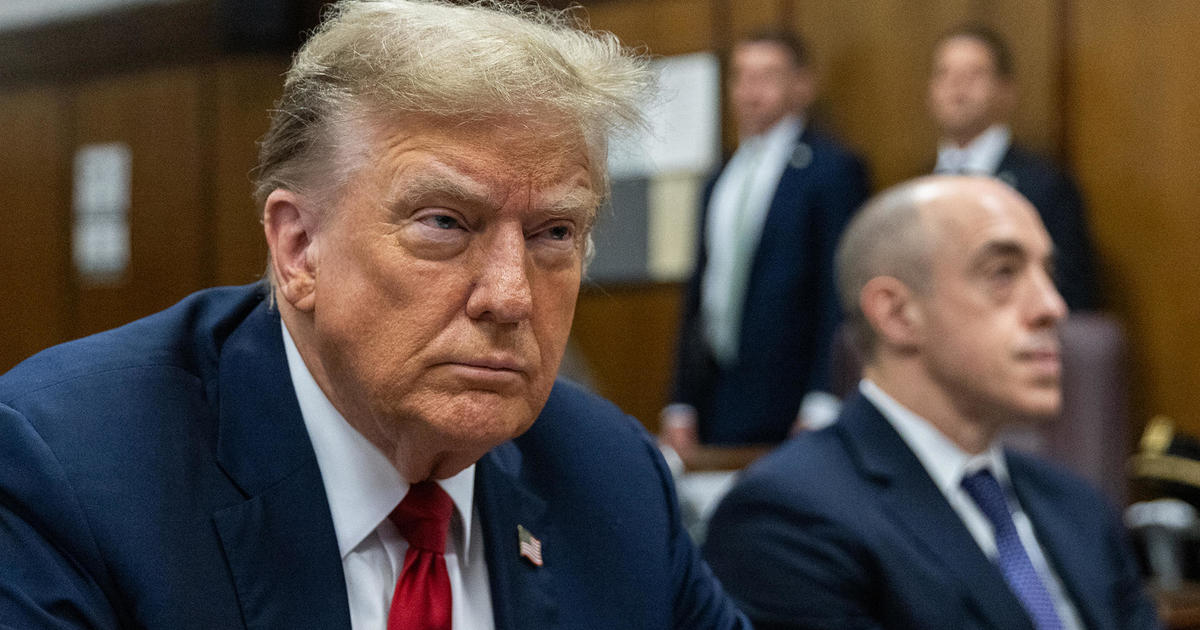Stocks struggle to find footing, closing down for the week
U.S. stocks swung wildly on Friday, closing sharply higher but still ending the week with loss of over 5 percent. The up-and-down swings followed a drop of 10 percent from the latest record highs set only weeks ago.
At midday, the market was on pace for its worst weekly drop since October 2008, at the height of the financial crisis. By late afternoon, stocks had pared some of their losses but remained on course to add to the weeklong sell-off.
The Dow Jones Industrial Average, which suffered a 1000-point drop Thursday, closed higher by 330 points, or 1.4 percent, at 24,190. The S&P 500 was up 38 points, or 1.5 percent, to close at 2,619, and the tech-heavy Nasdaq composite closed 1.4 percent higher, at 6,874.
The Dow briefly sank 500 points in afternoon trading after surging more than 349 points earlier in the day. The Standard & Poor's 500 index, the benchmark for many index funds, also wavered between gains and losses.
"When you have an early morning rally in a decline of this nature, all that does is invite selling," said Bruce Bittles, chief investment strategist at Baird. "That's what we saw yesterday, and we know where that ended up."
As of Thursday, some $2.49 trillion in value had vanished from the index since its most recent peak on Jan. 26, according to S&P Dow Jones Indices.
What is a stock market correction?
A stock market enters a correction when it drops 10 percent below a recent peak, as U.S. stock did on Thursday. The Dow dropped from a Jan. 26 peak of 26,567, closing at 23,860 -- a plunge of 10.8 percent. The S&P 500 came down the same percentage, plummeting to close at 2,581 on Thursday.
Financial analysts regard corrections as a normal event but say the latest unusually abrupt plunge might have been triggered by a combination of events that rattled investors. Those include worries about a potential rise in U.S. inflation or interest rates and whether budget disputes in Washington might lead to another government shutdown.
"The U.S. equity market is seemingly waking up to the idea that we are in a higher rate environment amid rising inflation and steady Fed hikes," Bank of America Merrill Lynch economists Ethan Harris and Aditya Bhave said in a client note ahead of trade opening on Friday.
Some stocks rise
Technology companies accounted for most of the broad gains, outweighing losses in energy stocks, which slumped as U.S. crude prices declined, sending the price of oil below $60 a barrel for the first time this year.
Some companies rose after reporting quarterly results and outlooks that beat Wall Street's forecasts. Skechers USA (SKX) climbed $2.88, or 7.5 percent, to $41.06. Chipmaker Nvidia (NVDA) added $14.56, or 6.7 percent, to $232.08.
Expedia (EXP) slumped after its latest earnings fell short of analysts' expectations. The travel website's 2018 outlook also disappointed investors. Its shares sank $19.03, or 15.5 percent, to $104.
Bond prices fell. The yield on the 10-year Treasury rose to 2.85 percent from 2.83 percent late Thursday.
Global markets fell on Friday, following the Dow's decline on Thursday. In Europe, France's CAC 40 lost 1.2 percent to 5,087, Britain's FTSE 100 shed 0.7 percent to 7,122 and Germany's DAX fell 1.2 percent to 12,110. All three had dropped around 2 percent the day before.
Asian markets fell more sharply. The Shanghai Composite Index tumbled 5.5 percent before ending the day down 4 percent at 3,129.85. Tokyo's Nikkei 225 lost 2.3 percent to 21,382.62 and Hong Kong's Hang Seng retreated 3.1 percent to 29,507.42.
-- The Associated Press contributed reporting



